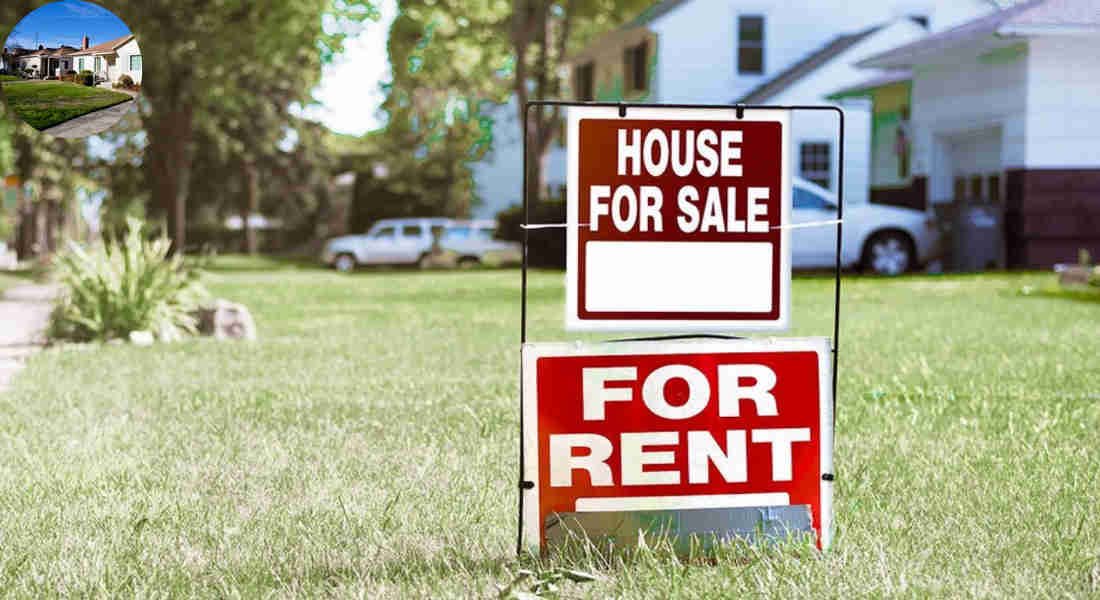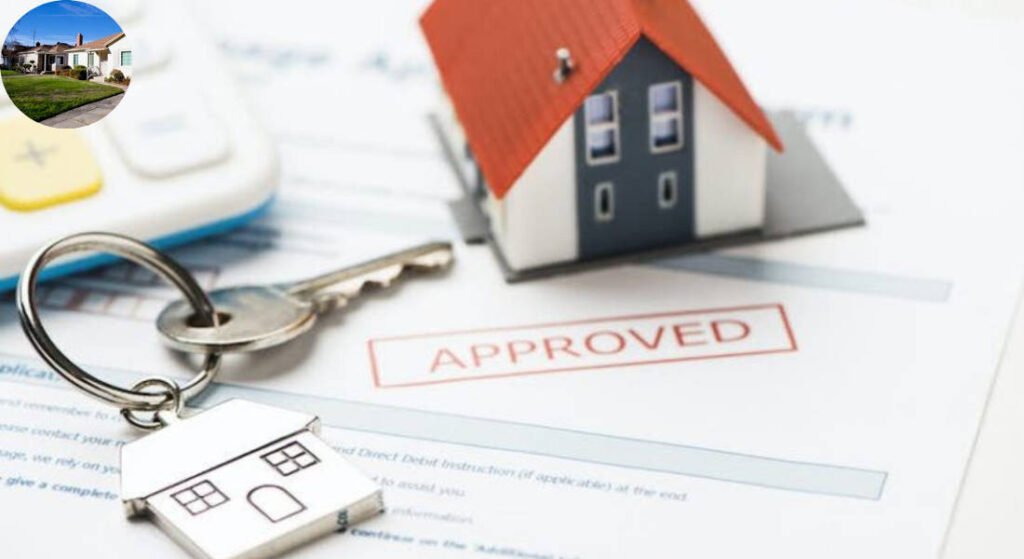An eviction can significantly influence your ability to buy a home, though it does not outright prevent you from qualifying for a mortgage. While an eviction itself may not directly lower your credit score, the associated unpaid debts, such as rent or damages, often appear as negative marks or collections on your credit report. These factors raise red flags for lenders, who may scrutinize your application more closely and impose stricter loan terms, such as higher interest rates, larger down payments, or additional fees.
Understanding eviction and its impact on credit score
Eviction is more than just a legal process; it can have lasting effects on your financial health. When a landlord files for eviction, it often leads to significant consequences that ripple through your credit report.
For starters, an eviction can appear as a public record. This entry might remain on your credit history for up to seven years, influencing lenders’ perceptions of you. A poor credit score could make securing financing much harder in the future.
They typically assess past evictions when considering applicants for rental properties or homes.
Understanding these implications is essential for anyone looking to rebuild their life after such setbacks. Knowing how it affects various aspects of finance can guide you toward better decisions moving forward.
Effects of an eviction on the home buying process
An eviction can cast a long shadow over your home buying journey. When landlords take legal action, it can leave a mark on your credit report. This makes lenders wary of extending loans to you.
Evictions are viewed as red flags by many mortgage providers. They often consider it indicative of financial instability or poor rental history. As a result, securing financing might become more challenging than for those without such issues.
Lenders usually see evictions as increased risk and respond accordingly.
It’s also worth noting that some housing programs may impose restrictions on applicants with past evictions. This could limit the types of homes available to you while searching for your perfect place.
You may also read (does kennesaw state have sorority houses available).
Options for those with a past eviction
Having a past eviction can feel overwhelming, but it doesn’t close the door on homeownership. There are several pathways to explore.
First, consider working with lenders who specialize in helping those with credit challenges. Some institutions offer programs designed specifically for individuals with previous evictions or poor rental history.
They provide valuable resources and advice on improving your financial situation and understanding available mortgage options.
A trustworthy family member or friend may help bolster your application by lending their creditworthiness.
Saving for a larger down payment can significantly sway lender decisions in your favor. It shows commitment and reduces perceived risk associated with past issues like evictions.
Improving credit after an eviction
Get a copy of your credit report first.Understand the details regarding the eviction and any other debts.
Next, focus on paying off outstanding debts. Clearing up collections will reflect positively on your score over time. Consider negotiating with creditors for possible settlements or payment plans too.
Timely payments on current bills are crucial as well. Set reminders to ensure you never miss due dates for utilities, loans, or credit cards.
These options can help rebuild trust with lenders while boosting your credit utilization ratio.
Keep old accounts open even if they’re not in use; this lengthens your credit history and contributes positively to your overall score.
You may also read (does the fair housing act cover private landlords).
Tips for successfully buying a home after an eviction
Consider working with a knowledgeable real estate agent. They can help you navigate the complexities of home buying, especially when past evictions are involved.
Start by getting pre-approved for a mortgage. This step shows sellers you’re serious and gives you an idea of your budget.
Be transparent about your eviction history with lenders. Honesty may foster trust and improve your chances of approval.
Focus on improving your credit score before applying for loans. Pay off small debts, make payments on time, and keep credit card balances low to show responsibility.
Explore various loan options available for those with less-than-perfect histories. FHA loans or other specialized programs could be beneficial in your situation.
Save for a larger down payment. A substantial upfront investment can offset concerns about past evictions and strengthen your offer significantly.
Alternative housing options to consider
If you’re facing challenges in buying a home due to a past eviction, it’s essential to explore alternative housing options. Renting might be the most straightforward path if homeownership seems out of reach for now. There are rental properties available with varying levels of credit and background checks.
This arrangement allows you to rent a property with the intention of purchasing it later, giving you time to improve your credit standing while living in your future home.
For those seeking more affordable solutions, look into shared housing or co-housing arrangements. These setups can provide not just reduced living costs but also foster community support as you work through financial hurdles.
They may offer resources or programs designed for individuals overcoming difficult situations like eviction.
Remember, every situation is unique. Weighing these alternatives could lead you toward stability while providing ample opportunities for growth and improvement in your journey toward homeownership.
You may also read (does house insurance protect against wind damage to roof).

